Pitt engineers using membrane distillation to recycle water used in fracking and drilling
Green Car Congress
JUNE 8, 2022
Engineers at the University of Pittsburgh Swanson School of Engineering are using membrane distillation technology to enable drillers to filter and reuse the produced water in the oil and gas industry, in agriculture, and other beneficial uses.


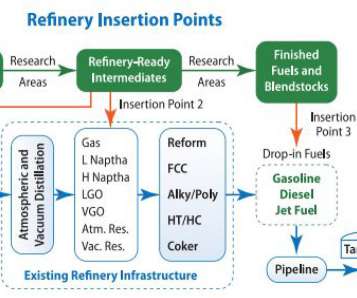
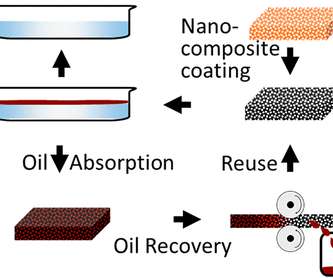


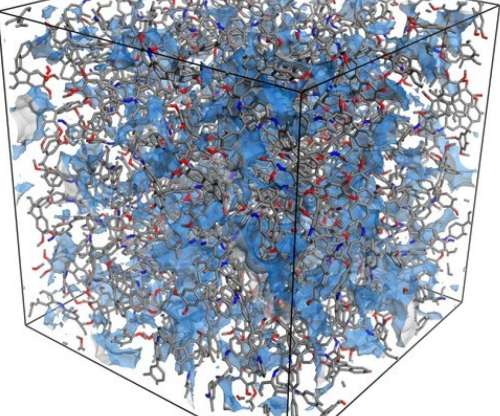
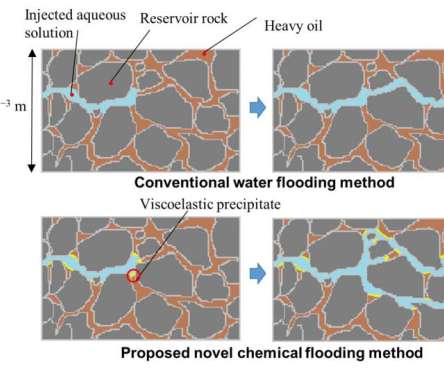




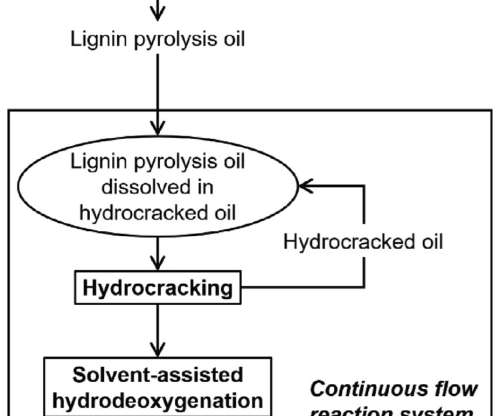

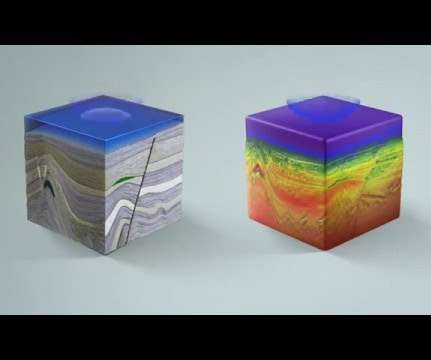


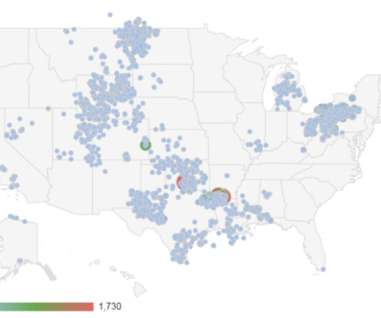

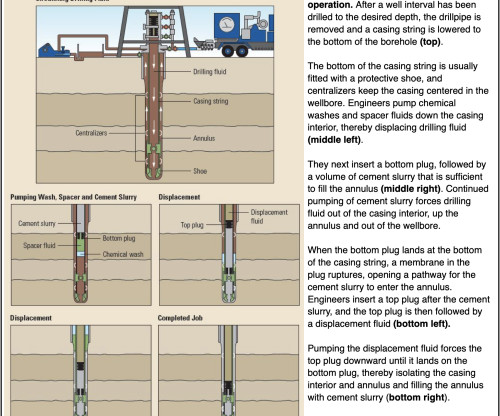



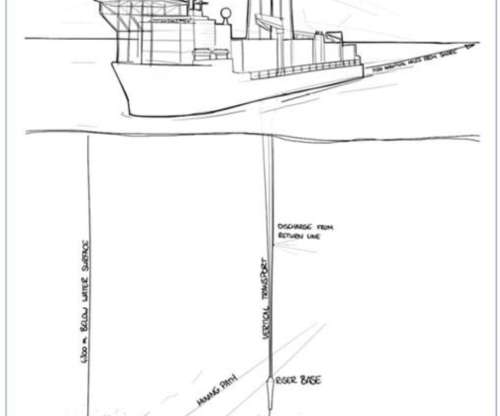









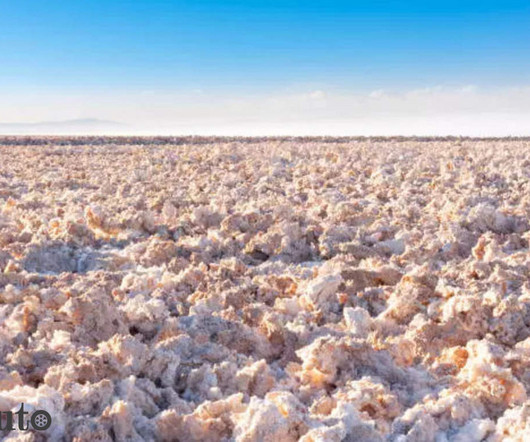









Let's personalize your content